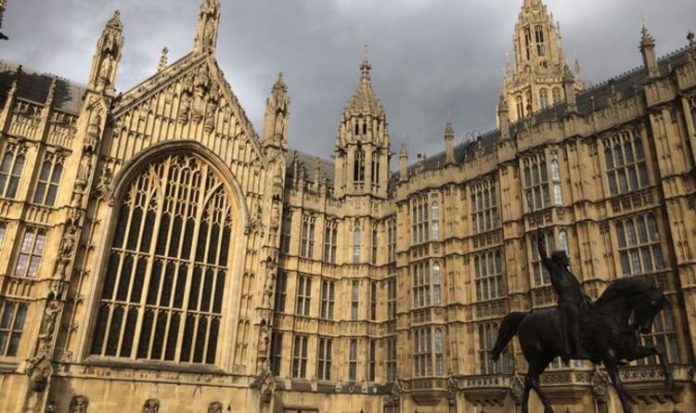The civil liberties campaigner wants to stop “cancel culture” taking root in centres of higher education and is alarmed at resistance to hearing “uncomfortable opinions”. Mr Davis argues that free debate and a willingness to challenge accepted ideas is central to Britain’s success. He said: “The right to challenge and dispute has been critical to the growth of our culture.
“And Britain would never have become a scientific superpower if scientists from Newton to Darwin to Crick and Watson had not been able to challenge orthodoxy.
“The cancel culture, the unwillingness to hear uncomfortable opinions, the refusal of platforms to people you disagree with, puts all this at risk.
“Universities, of all places, should never allow the suppression of free speech.”
Conservative Lee Anderson, Ashfield MP, a supporter of the Bill, said people are afraid of challenging political agendas in universities because they fear that if they speak out, opponents would come down on them “like a ton of bricks”.
The Bill, he said, would give people protection and the confidence to debate “without being persecuted”.
The legislation will likely need Government support to become law but the Conservative manifesto contains a pledge to “strengthen academic freedom and free speech in universities”.
The Civitas think-tank has sounded the alarm bell about freedom of expression on campuses with a major report.
A spokesman said: “Our recent study found that 48 of our universities are ‘most restrictive’ on free speech while a further 70 (over half) are still ‘moderately restrictive’.”
Ruth Smeeth, chief executive of campaigning group Index on Censorship, said: “Universities are the home of debate and investigation in society and should always be a home for exploring new and controversial ideas. We must ensure free speech exists on campus.”
A spokeswoman for umbrella body Universities UK said: “There are already significant legal duties placed on universities to uphold freedom of speech and they are required to have a code of practice and update this regularly.”







